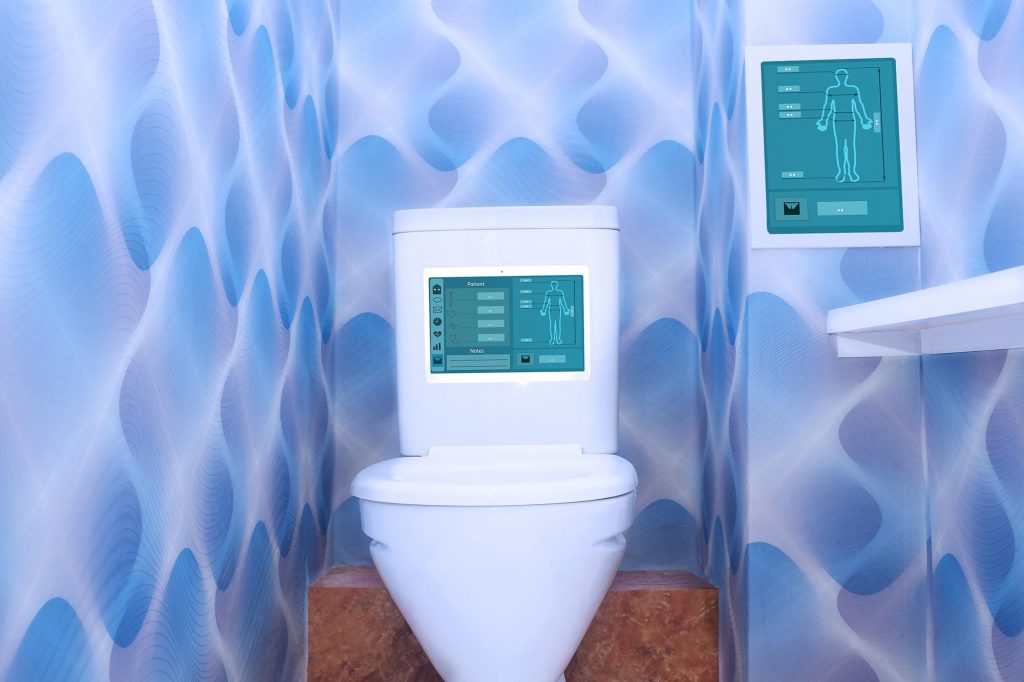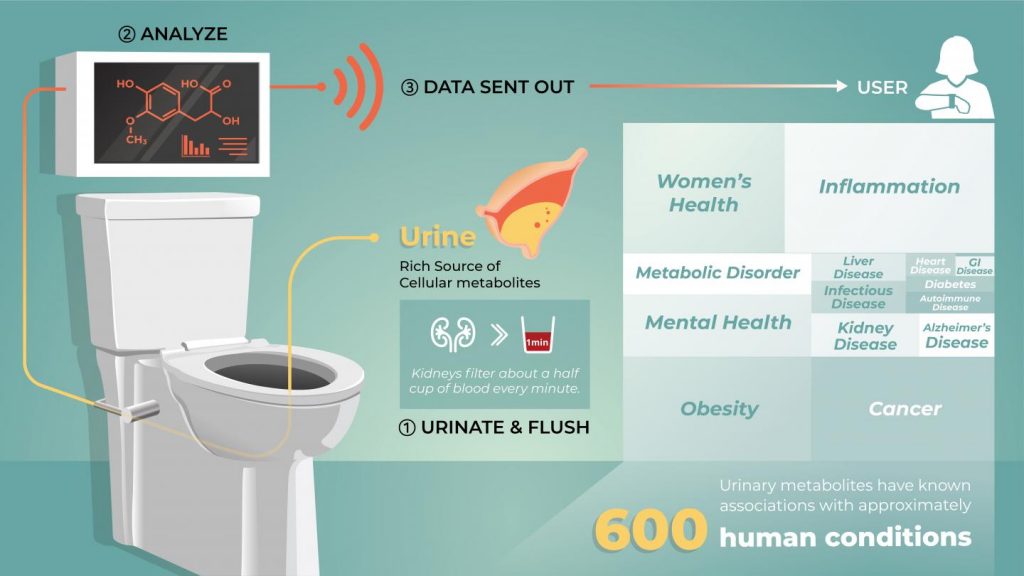A start-up in the US recently raised $30 million to develop a smart toilet seat that records a range of health data. The company, Casana, is preparing to debut its Heart Seat. The company says the device “passively captures health parameters and seeks to reliably track health trends with no behavior change.” That means there’s no need to wear a device or exercise to produce the data.
It’s a smart toilet. But not the kind that lifts its lid in preparation for use; this toilet is fitted with technology that can detect a range of disease markers in stool and urine, including those of some cancers, such as colorectal or urologic cancers. The device could be particularly appealing to individuals who are genetically predisposed to certain conditions, such as irritable bowel syndrome, prostate cancer, or kidney failure, and want to keep on top of their health.

Since the 1980s, Japanese companies have been selling high-tech toilets for home use that pamper users with calming music, heated seats, and built-in bidets for cleaning up. More recently, researchers overseeing a European Union-funded project called toilet have begun testing amenities for elderly and disabled people, including motorized toilets that adjust their position in response to voice commands and depth sensors that can detect if a person has fallen.
However, several smart toilets are in the works that would go a step further by offering a window into the health of the people who use them. At least one Japanese firm already makes a smart toilet for use in hospitals; Toto’s “Flowsky” toilet looks like an ordinary toilet but is designed to check for abnormalities in urine flow that might signal bladder or prostate problems.

The smart toilet seat is just one of a multitude of digital health innovations attracting record levels of investment. According to the non-profit Rock Health, the impact of the COVID-19 pandemic on healthcare services has driven interest in health tech.


